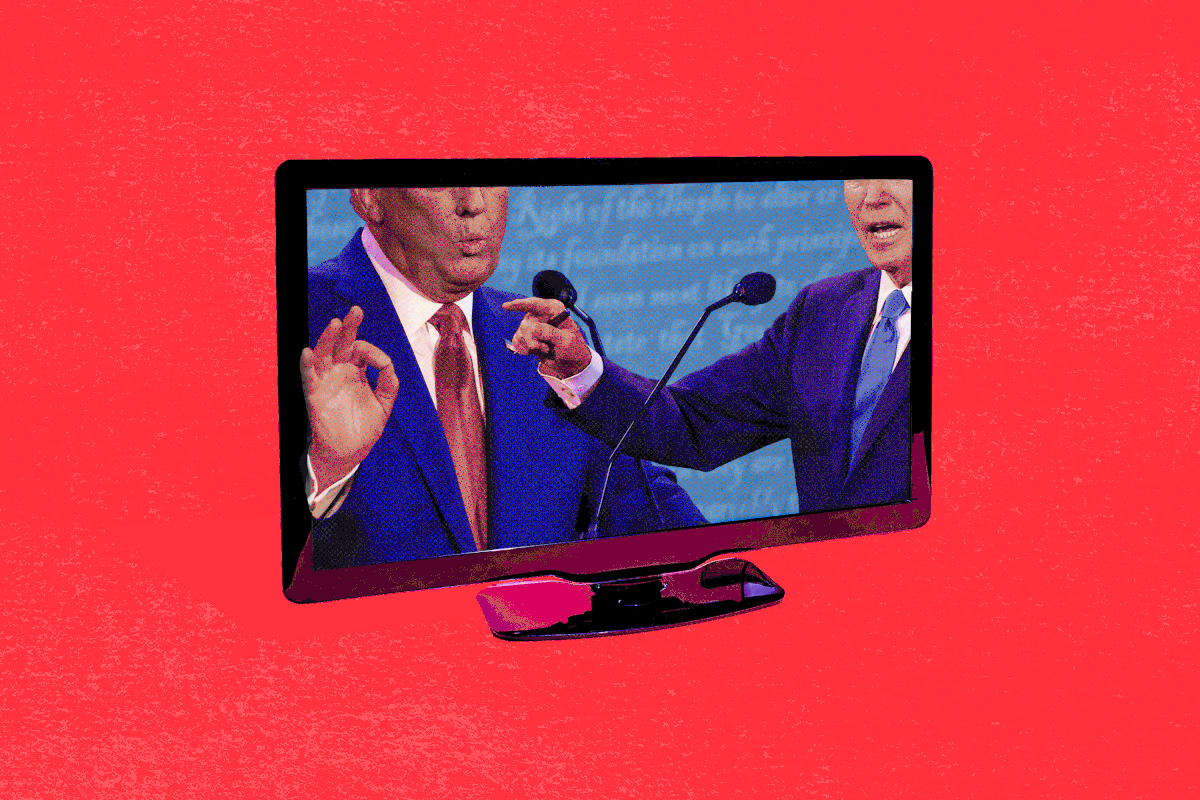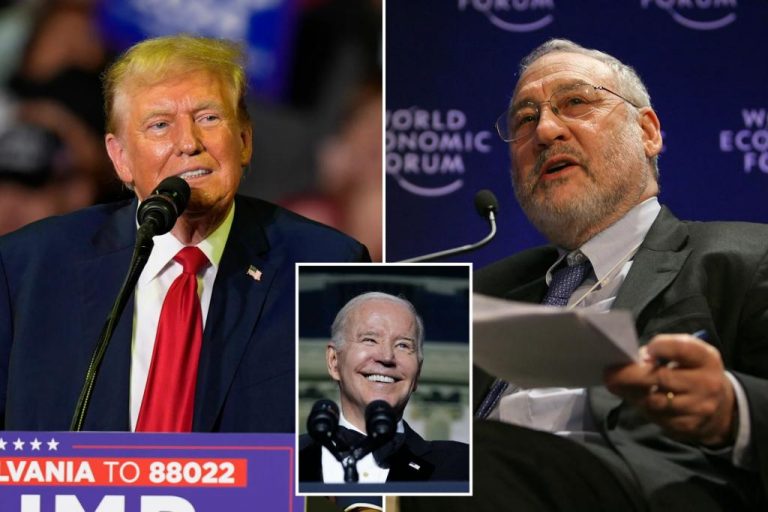Should Biden and Trump Debate?
With the upcoming presidential election drawing near, the anticipation for the traditional debates between the leading candidates is mounting. For the past half-century, these debates have been a cornerstone of the electoral process, offering voters a chance to see the contenders face off in a live, unscripted setting.
However, this year, there is uncertainty hanging over the prospect of debates between President Biden and former President Donald Trump. While both have expressed their intentions to participate, there are significant hurdles to overcome before any debates can take place.
Biden recently signaled his willingness to engage in debates with Trump during an interview, marking a shift from his previous stance. On the other hand, Trump has been vocal about his eagerness to debate Biden and has even called for multiple debates to be held much earlier than usual.
Despite the apparent enthusiasm from both candidates, there are looming challenges to be addressed. The rules, format, and choice of moderators for the debates must be agreed upon by all parties involved — a task that may prove to be quite contentious given the events of the previous election.
In the 2020 election cycle, Biden and Trump only participated in two out of the three scheduled debates. The second debate was canceled due to Trump’s refusal to participate remotely while recovering from COVID-19. The final debate saw the introduction of a mute button to prevent interruptions, a measure deemed necessary after the chaotic first debate.
Trump has been critical of the Commission on Presidential Debates, accusing them of bias and prompting the Republican National Committee’s withdrawal from the commission. Amidst these tensions, the question arises whether the debates will indeed take place this year.
Political experts are divided on the significance of debates in influencing election outcomes, but the absence of debates in this election cycle raises unprecedented questions. Some argue that the lack of debates could be detrimental to Biden, as it may fuel doubts about his capability to serve another term. Conversely, Trump might miss the opportunity to challenge Biden’s energy and mental sharpness on a national platform.
However, others suggest that the risks of debating could outweigh the potential benefits for both candidates. A strong performance by Biden could allay concerns about his age, while a single misstep could have severe consequences. Similarly, Trump faces the challenge of maintaining composure under pressure, especially regarding contentious issues.
As the first scheduled debate approaches in September, the decisions of both campaigns regarding formal participation remain uncertain. Additionally, the qualification of independent candidate Robert F. Kennedy Jr. for inclusion in the debates adds another layer of intrigue to the unfolding drama.
The perspectives on the upcoming debates vary widely, reflecting the divergent opinions within the political landscape. Some emphasize the risks Biden faces on the debate stage, while others caution against underestimating Trump’s potential vulnerabilities. The potential impact of the debates on swing voters and the electorate at large is also a point of discussion.
With so much at stake and uncertainty surrounding the debates, the electoral landscape is evolving rapidly as the candidates prepare to face off in what could be the most consequential debates in recent memory.








